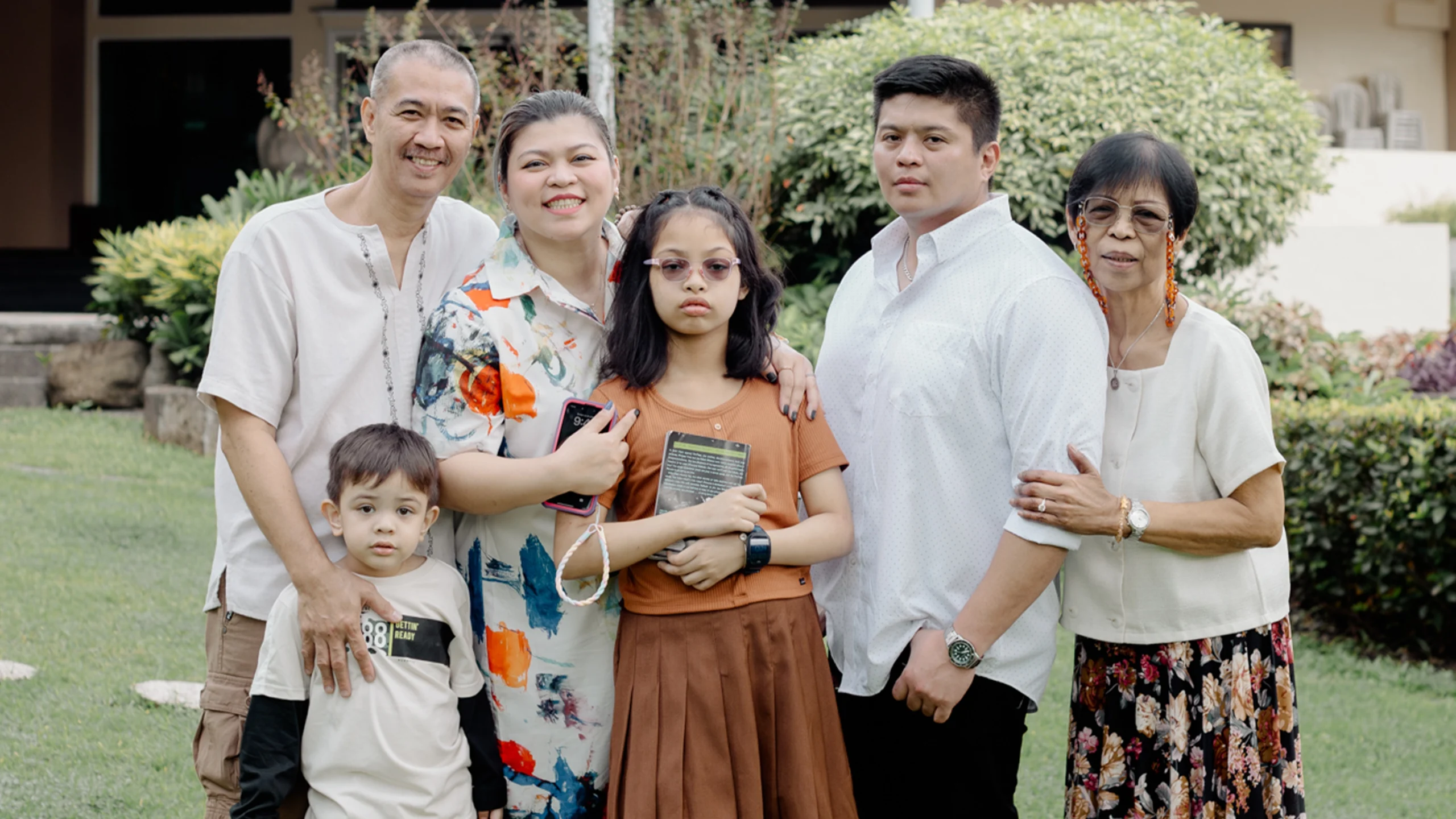How To Break and Heal from Generational Trauma
Generational curses and trauma can come out in parenting and even in our relationships with other people.
With Disney showing both Encanto and Turning Red, we find there’s a lot more to becoming a better parent than just research. Sometimes, it takes confronting the source of the problem or what we know as a generational curse. Others call it generational trauma. It occurs when families are struggling to survive and adapt to the changing times, facing both the unknown and the unprocessed pain of many years ago.
What is Generational Trauma?
We know something traumatic can change anybody’s life. From a car accident, death in the family, financial loss, all these things can change family dynamics. The stress of trying to learn and adjust can bring about feelings of pain, irritation, hopelessness, apathy, and a wide variety of mixed feelings. If left unprocessed or never dealt with, it develops into trauma. The trauma then becomes a trigger. For example, our child saying something can immediately set us off. Even if said only in passing. That’s what trauma often looks like. Similar to how soldiers with PTSD panic at the sound of fireworks, parents can panic when they’re scolded, yelled at, and even criticized.

How can we deal with Generational Trauma?
Dealing with generational trauma isn’t easy as everyone has their own way. But one thing’s for sure is that it involves forgiving oneself first and letting go of the trauma.
1. Acknowledge that you were hurt.
While it’s hard to get parents from the older generation to acknowledge they hurt their kids, that doesn’t stop one from acknowledging that one was hurt. Generational trauma often develops because many kids struggle to rationalize especially when parents use the “I’m-hurting-at-you-because-I-love-you” or “This-will-hurt-me-more-than-you” argument. Come adulthood, kids who were the recipient of that kind of treatment may either repeat it or break it if they choose to acknowledge the pain.
2. Forgive but not necessarily forget.
“Forgive and forget” is so commonly used but it doesn’t always turn out for the better. Forgiveness does not mean giving a family member a free pass to be toxic. Rather, it means holding them accountable and allowing oneself to choose whether or not to help them improve. Not forgetting however doesn’t mean constantly rubbing it in that person’s face. But, it means taking control of one’s position in the relationship and making sure it never happens to anyone else if there’s anything one can do about it.
3. Get help!
There’s nothing wrong with asking a counselor or a therapist to help sort out one’s thoughts caused by generational trauma. They’re there to support and help one make sense of every negative thought piling up in the mind. It’s tempting to ask them to make choices for you but the question is — will you be happy with that decision? Generational trauma may scare someone into being unable to make decisions. But so long as there is unyielding support, decisions will be a lot less scary to make.
4. Accepting and owning one’s mistakes
All forms of trauma create a form of “traumatic response” and generational trauma is no different. The fear of severe punishment can make us reactively gaslight others or suffer a meltdown. However, trauma is no excuse to hurt others or become toxic. Accepting and owning one’s mistakes can eventually heal one’s fear of failure and punishment while at the same time, possibly becoming closer with the person who you’ve hurt.
“You are not your family’s generational trauma. You are you.”
The hardest part of letting go of generational trauma is letting go of the identity that was formed around it. The compliant, amiable, and “perfect” you aren’t the same as the “wise, strong, and compassionate” version of you. For parents, the kids do see that. And even if you accept and apologize for your mistake with how you disciplined them, all the more they’ll see you as the parent who your inner child needed and wanted.
Feeling down and confused? Here are some articles that might give you answers!
Turning Red Movie: Families Working Together To Heal
Nikki Valdez After Miscarriage: ‘Nasa Healing Stage Pa Ako’
This Is How Families Suffer From Long-Term Lockdowns









